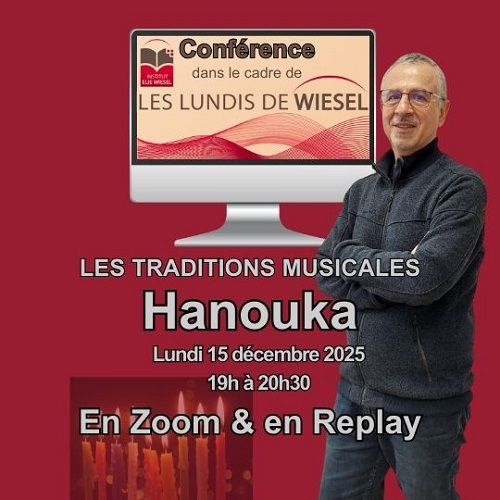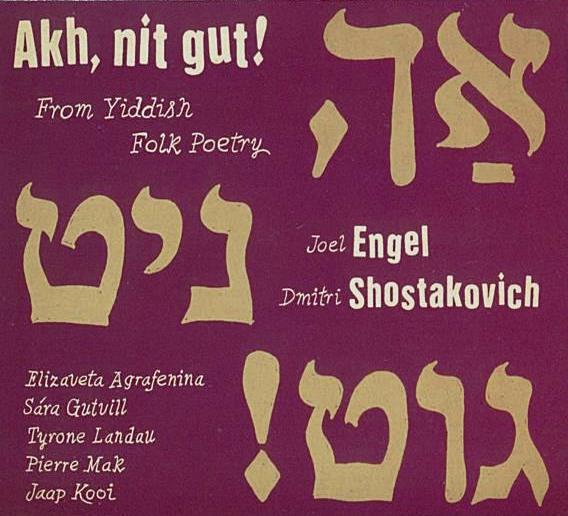
From Yiddish Folk Poetry
@ Zefir records 2023
Artists: Sára Gutvill (mezzo-soprano), Tyrone Landau (tenor) Sára Gutvill (mezzo-soprano), Tyrone Landau (tenor), Pierre Mak (baritone), Ehzaveta Agrafenina (soprano) & Jaap Kooi (piano)
This CD, released in 2023, is the fruit of intense work by several artists, not least Dutch mezzo-soprano Sára GutviII, who has long dreamed of performing in Yiddish the song cycle From Jewish Folk Poetry (Op. 79) by Dmitri Shostakovich (1906-1975), originally written in Russian.
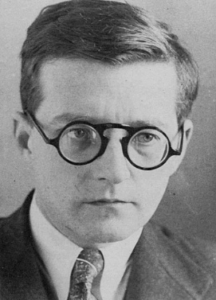
Shostakovich composed this cycle in 1948, when a violent wave of anti-Semitism was submerging the Soviet Union. This work, which was not performed until 1955, two years after Stalin’s death, rings like a cry of rebellion against anti-Semitic hate. Shostakovich, who was not Jewish, unearthed in a bookshop a collection of Jewish songs [1]which included the texts of the songs, not their music from which he extracted eleven pieces and set them to music. With the exception of the last three, these eleven songs are rather sombre in tone. A few years later, in 1964, Shostakovich produced an orchestrated version of this work.
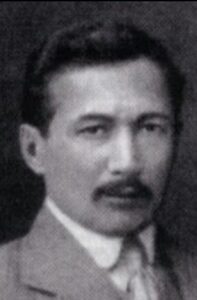
In 2018, Sára GutviII, Ehzaveta Agrafenina, Tyrone Landau and Jaap Kooi decided to perform this Shostakovich cycle – translated into Yiddish by Joachim Braun – in concert, juxtaposing it with the original Yiddish songs. When the idea of recording this album was born shortly afterwards, the artists began looking for repertoire to complement the program. After consulting musicologists Jasha Nemstov and Joachim Klein at the Hochschule für Musik in Weimar, they chose 16 Yiddish folk songs composed and edited by Joel Engel (1868-1927) between 1909 and 1919. This choice was driven by the fact that these two song cycles respond naturally to each other, notably through their common themes (lullabies, separation of couples…). While Engel’s music is closer to the original folk songs, Shostakovich’s version is more personal, even if it includes melodic and harmonic elements characteristic of Yiddish songs.
As Engel’s works call for a baritone, Dutch singer Pierre Mak joins the vocal ensemble. Six songs will also be arranged by Tyrone Landau for several voices.
The vocal result is sumptuous. The voices blend together while retaining the spirit of the original Yiddish songs. A wonderful discovery!
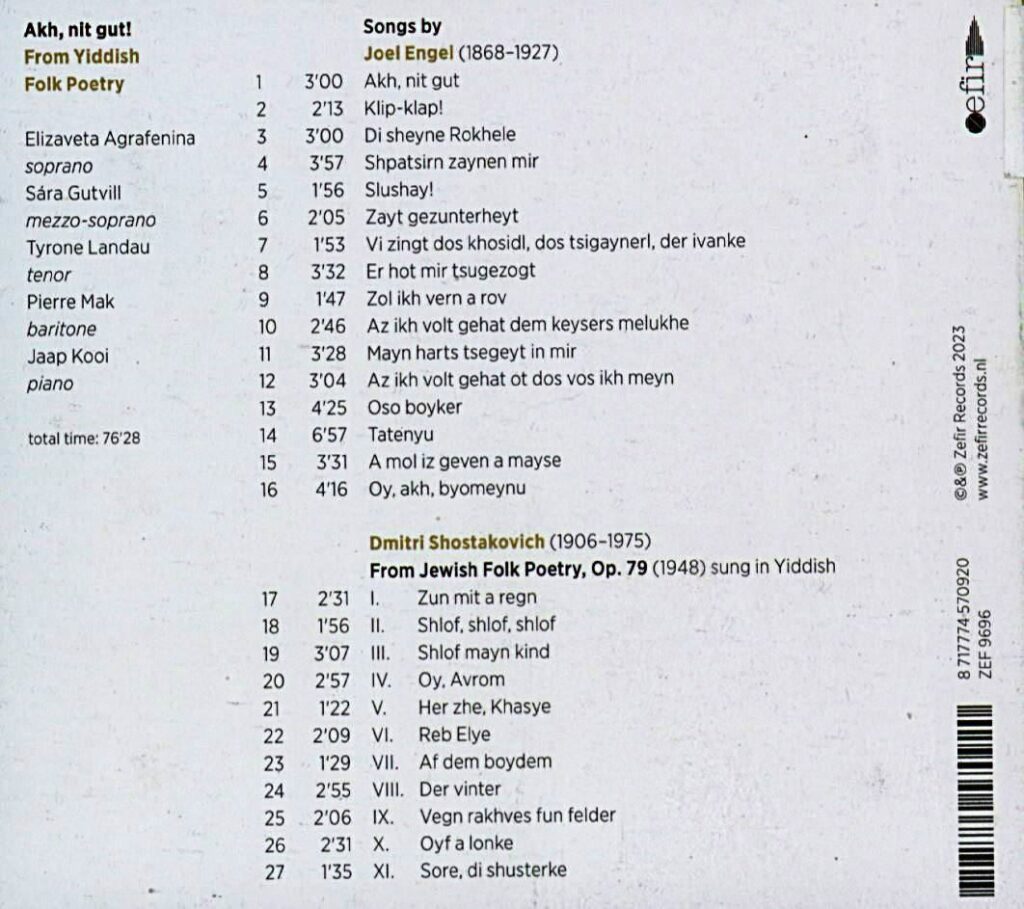

| 1 | which included the texts of the songs, not their music |
|---|
